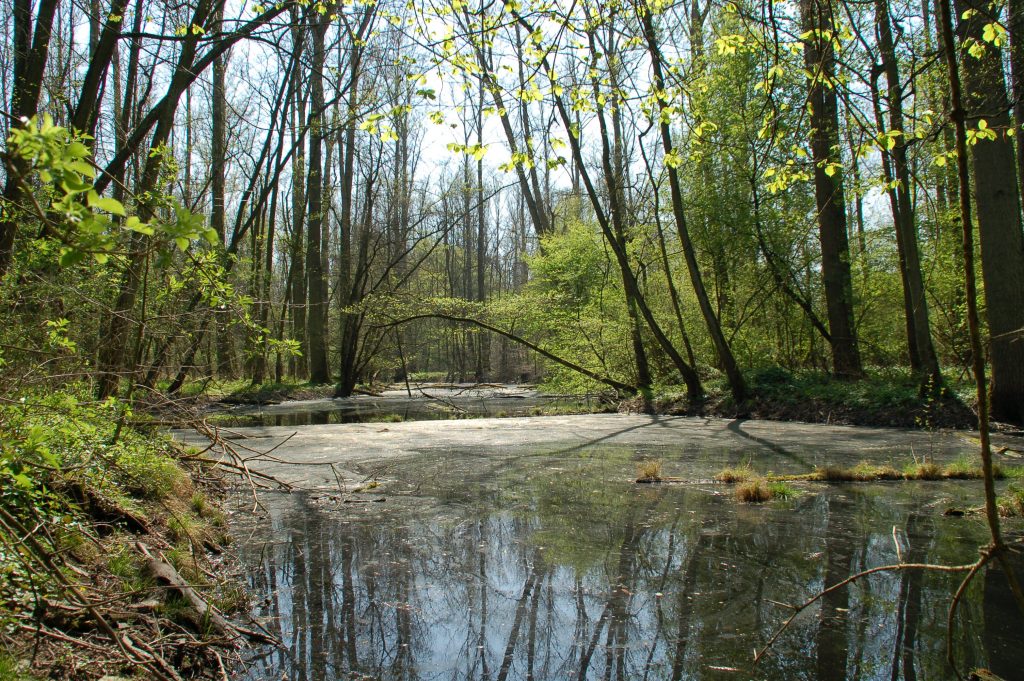In this post, Ralf B. Schäfer talks about the new project RESIST which investigates the effects of multiple stressors on stream food webs and ecosystem functioning.
Rivers and streams are centres of biodiversity and vital to humans. Human activities impair water bodies and their communities in many ways, and a wide range of measures are in place to reverse these stressors. However, the effects of degradation and recovery are only partially understood, especially when many stressors act simultaneously.

RESIST investigates the underlying mechanisms by combining field studies and mesocosm experiments with statistical and mechanistic modelling and synthesis. This broad range of methods is used to investigate the effects of multiple stressors on all components of the stream food web (from viruses to fish) and on four ecosystem functions. The focus of the studies is on the effects of three globally relevant stressors: temperature increase, salinization, and hydromorphological degradation, and the combination of these forms of stress. The goal is to understand and predict the effects of degradation and recovery on stream biodiversity and functions.

The project is coordinated by the University of Duisburg-Essen and involves our Landscape Ecology group from the Institute of Environmental Science in Landau, teams from the universities of Bochum, Cologne, Kiel and the Leibniz-Institute of Freshwater Ecology and Inland Fisheries (Berlin) and the Helmholtz-Centre for Environmental Research Halle-Leipzig.
If you want to work in this project, watch out for the advertisements that have been posted at our university and other institutions. Moreover, get in touch with Ralf Schäfer in case you want to do a thesis or RPC in this project.
